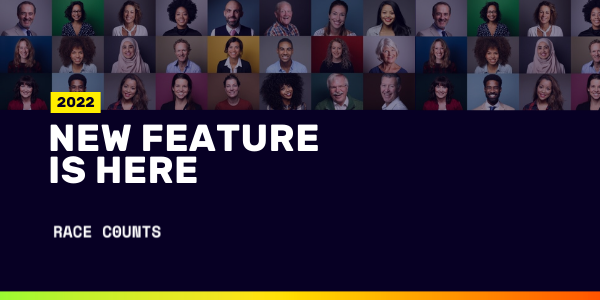
This new feature highlights the stark racial disparities that have harmed communities of color across California for decades and underscores the urgent need to transform public systems to create a more equitable California.
RACE COUNTS is the trusted, authoritative source for putting hard, factual data behind the stories we hear from everyday Californians most impacted by racial disparities within the state’s 58 counties and across seven key issue areas.
Past racially biased policies and practices pushed by leaders, as well as disinvestment in communities of color, have led to disparities that continue to disadvantage these communities in the present. Key takeaways when filtering RACE COUNTS’ extensive data by race include:
- American Indian/Alaska Native students have the lowest high school graduation rates among all racial groups.
- Asian Californians have the highest life expectancy at nearly 88 years.
- Black students experience the worst outcomes on numerous indicators of equity in education, including chronic absenteeism, suspensions, and third-grade math and English proficiency indicators
- Latinx Californians’ lack of health insurance is a significant driver of health disparities. More than one in ten Latinx Californians reported not having health insurance.
- Native Hawaiian/Pacific Islander students have the fourth-lowest English and math proficiency rates, ranking below state averages for those educational equity indicators.
White Californians, on the other hand, have the highest homeownership rate of all races, the best outcomes on most health care access indicators, and the best outcomes when it comes to crime and justice indicators. They also have the best outcomes in four out of six healthy built environment indicators. This is not by accident. Throughout the state’s history, policies and practices have been put into place that benefitted a predominately white economic elite, systematically discriminated against immigrant and nonwhite communities, and denied them valuable opportunities and resources.
With RACE COUNTS’ data now able to be filtered by race, racial justice advocates and policymakers have access to the information and policy recommendations needed to push for reimagined public systems.
See where your community stands. Click below to view RACE COUNTS’ critical data by race.